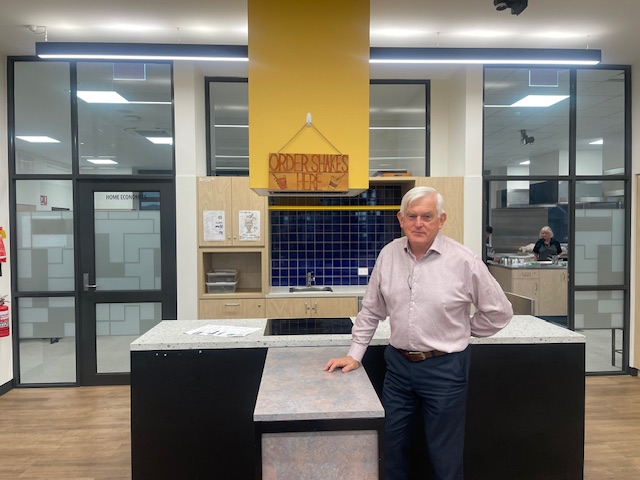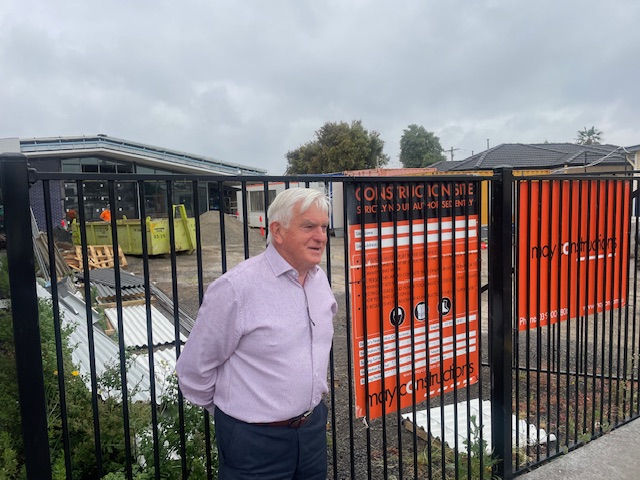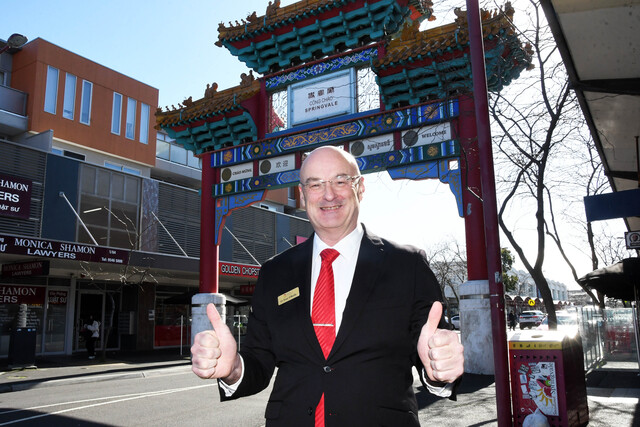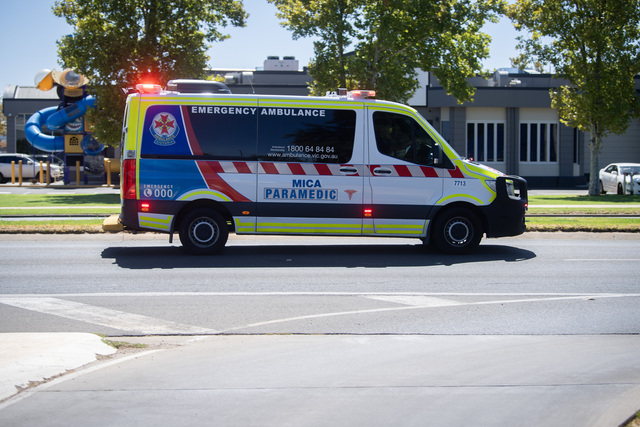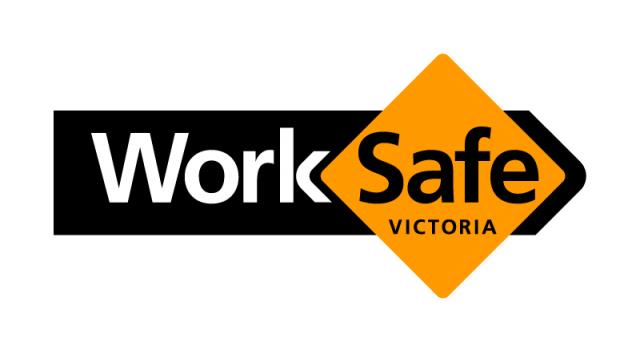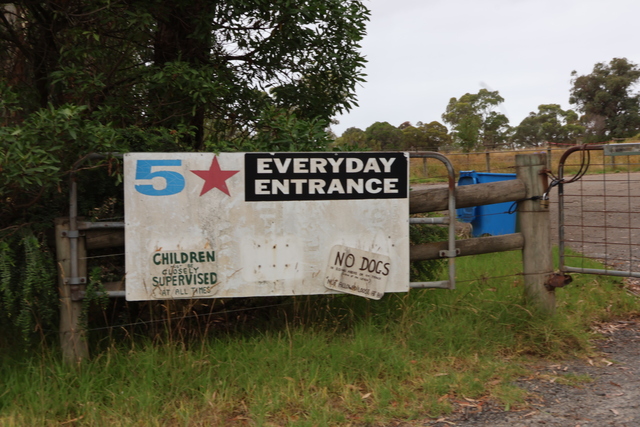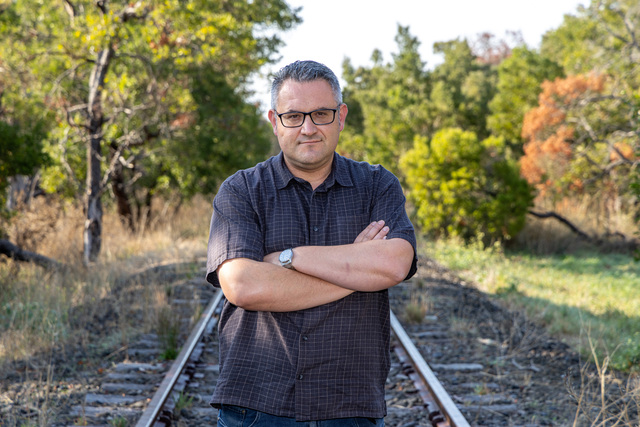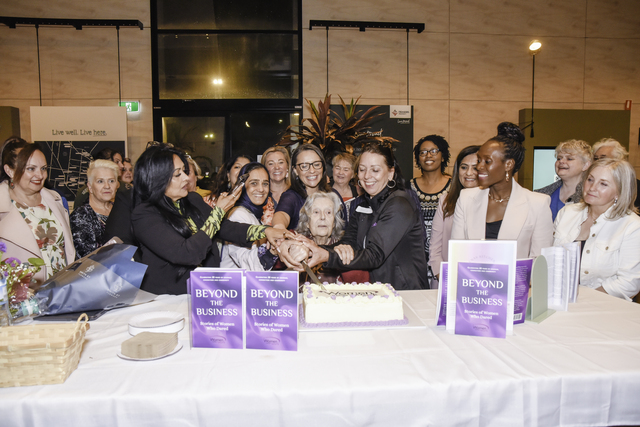Emerson School’s principal John Mooney OAM says he supports the state’s Disability Inclusion Profile program but worries about the barriers to enrolment at specialist schools.
Launched in 2021, the DIP is said to promote inclusivity and social benefits for students with special needs at Victorian government schools.
It is advertised as a “parents’ choice” to decide whether their child should attend specialist schools or local mainstream schools which are required to make “reasonable adjustments” for those with special needs.
This “new tool and process” will gradually replace the current Programs for Students with Disability (PSD).
Mooney, a 26-year principal at the Dandenong North-based specialist school, acknowledges the positives of DIP.
But he is also concerned by the “exhausting” amount of paperwork to be eligible to enrol at Emerson College as well as dwindling referrals this year.
“It may well be that (the Government) will be able to fund the people who were previously not funded. That’s positive.
“We’re seen as one of the most responsive schools. It’s sad that we have to go through so much effort because we respond to needs and don’t send people away.
“Emerson specialises in students standing on their two feet. There has been a reduction in number of people referred to the school and the parents ask, ‘why haven’t I been referred earlier’?
In 2024, only six students were referred to Emerson in the Year 6 to 7 transition period. Last year there were 11 and in 2018, 25.
Despite the “intensive” paperwork Mr Mooney is hopeful that the DIP could “lead to an easier pathway to enrolments.”
For students who fail to meet the specialist setting enrolment criteria, they can enrol at the school temporarily as a non-standard student, pending all supporting documents, evidence and approval is granted.
There are 90 non-standard enrolments at Emerson. Each non-standard student is reviewed periodically and can be taken out of the school to another educational setting anytime.
Whilst Mr Mooney says these students may be funded under DIP, it currently takes a maximum of five months (two school terms) for the non-standard applications to be approved.
“It’s not fair for students to be considered a temporary student when they and families know they belong (at the specialist school).
“We would like to make it easy for students to come to the school without going through these set of hurdles.
“It takes a long time to negotiate, even two terms. Some parents are crying over the phone for help – it happened today.
“The fact is you want to help your kids now not in several months’ time.”
Brent Hayward, a senior lecturer at Monash University School of Nursing and Midwifery, is a registered nurse, credentialed mental health nurse who has worked in disability services in the Victorian Department of Health and Human Services prior to the National Disability Insurance Scheme (NDIS).
He says not all children with disability require enrolment in specialist schools however the need for specialist educators will continue – it’s just a matter of the type of school setting.
“Just because you have a disability doesn’t automatically mean you have to go to specialist school.
“There is a move in Victorian government schools away from prescriptive funding and services for children with disability based on diagnoses, towards funding based on individual learning and support needs at school,” he says.
“There’s a shift occurring for education of students with disabilities and our systems are going to have to change. That may be difficult for some people to appreciate but there’s always going to be a need for specialist educators.
“There will always be children with disabilities and learning support needs, so we’ll always need specialist educators. Where the majority of those specialist educators work – in specialist or mainstream schools – is yet to be seen, but there’s still a very clear and necessary role for specialist educators.”
Mooney is well-known for his advocacy for specialist schools, demonstrated through a number of awards including as one of Greater Dandenong’s Living Treasures and an Order of Australia Medallist.
He often uses the phrase such as “educaring” not just “educating” to describe Emerson’s beliefs and passion towards its students.
He has led Emerson to new heights since he became the principal in 1998, including securing the school’s first government-funded capital project which is currently in stage 2 out of 4.
Mooney says Emerson doesn’t have a waiting list and is more than happy to welcome new enrolments if the systems in place will allow them.
A Department of Education spokesperson says the $1.6 billion “landmark” DIP is to assist schools “to deliver the best possible experience” with students with disability or additional needs.
“We are strongly committed to inclusive education and supporting all children and young people to fully participate, learn, develop and succeed.
“This includes continuing to provide parent choice around the best education opportunities for their children, be it through specialist or mainstream school education.
“All schools will have access by 2025.”

